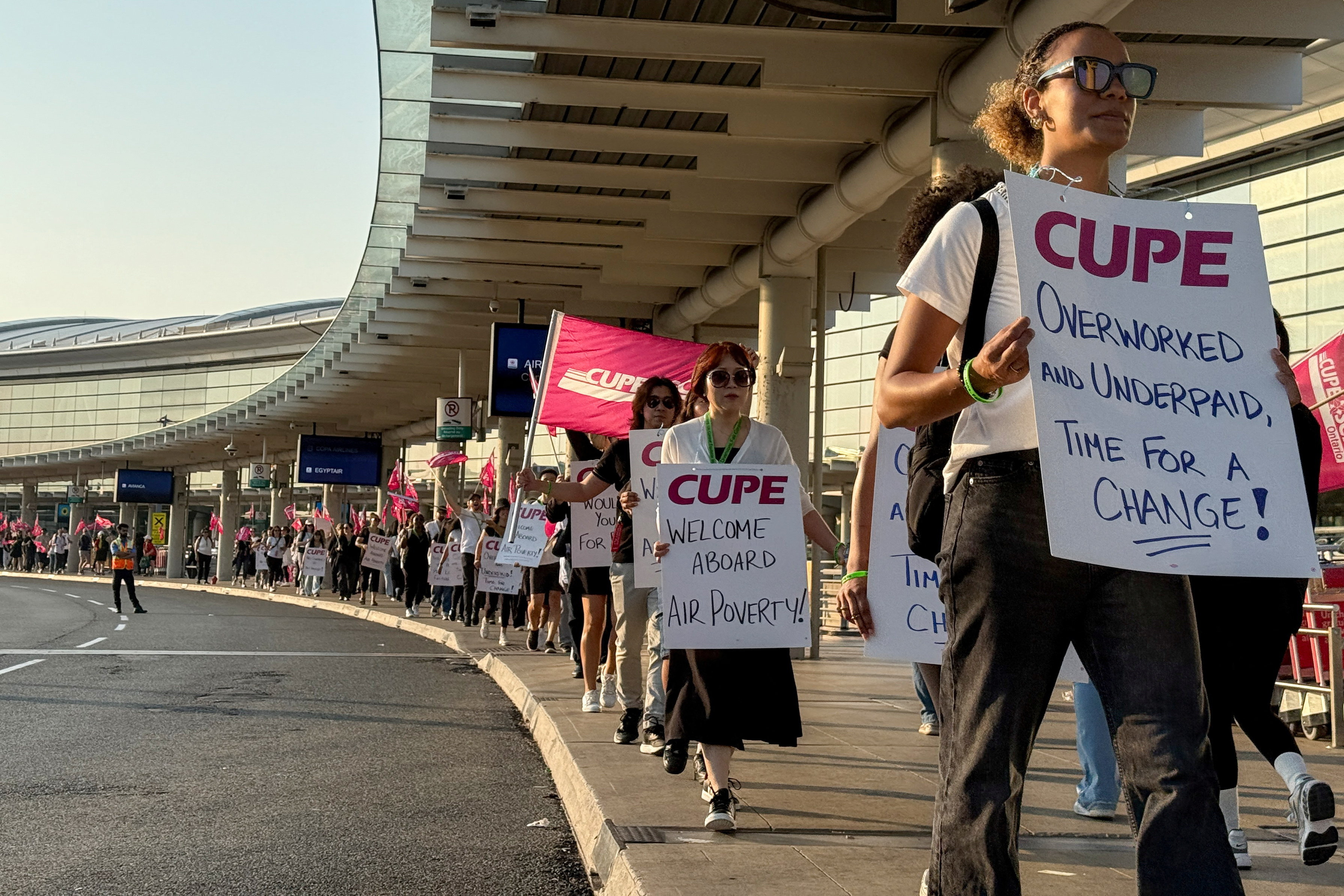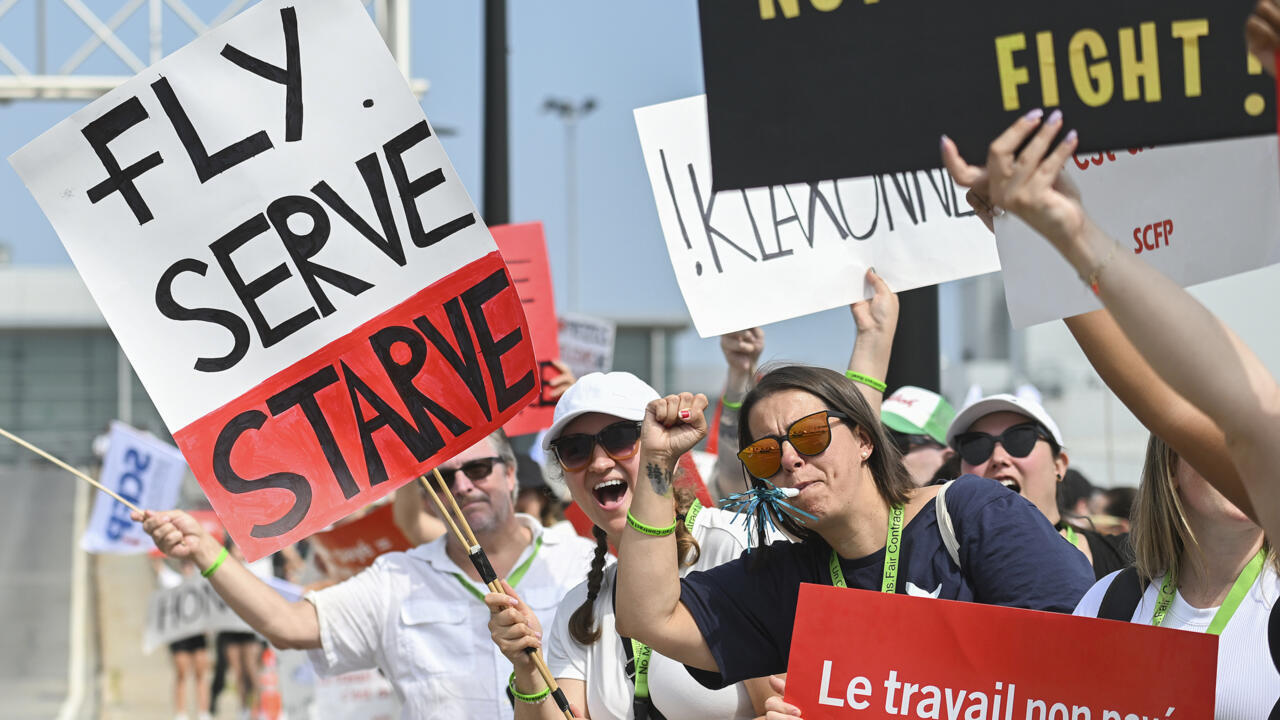Canada’s summer travel season was thrown into chaos when Air Canada, the country’s largest airline, was forced to ground operations as more than 10,000 flight attendants walked off the job. The strike, which began on Saturday, disrupted close to 700 daily flights and left an estimated 130,000 passengers facing delays, cancellations, and uncertainty about when they would be able to travel.

With tensions mounting and thousands of Canadians stranded worldwide, Federal Jobs Minister Patty Hajdu announced an emergency intervention, directing both Air Canada and the union representing the flight attendants into binding arbitration. Hajdu stated that now is not the time to take risks with the economy and that both sides needed outside help to move closer to a resolution. The decision compels flight attendants to return to work, although Hajdu cautioned that the full resumption of services could still take several days.
The dispute centres on wages and working conditions. Flight attendants have argued that their pay is no longer sustainable, particularly when unpaid work before and after flights is factored in. They also point to rising inflation, which has eroded the value of proposed increases. Natasha Stea, a flight attendant and local union leader, emphasised that attendants cannot work for free and highlighted that the majority of them are women, raising concerns over fair treatment compared to pilots, who recently secured a significant raise.

Air Canada, on the other hand, has said its latest proposal offered a 38 percent increase in total compensation over four years, including benefits and pensions, which would have made their flight attendants the best compensated in Canada. However, the union rejected the offer, calling the proposed eight percent raise in the first year insufficient to meet the rising cost of living.
Passengers caught in the middle have expressed frustration but also some sympathy for the striking workers. One traveller, 21-year-old Alex Laroche, said he considered booking a new flight with a different airline, but the cost had more than doubled, leaving him stuck. Initially upset, he later admitted he understood the union’s stance after learning more about their demands.
As arbitration moves forward, travellers across Canada are waiting anxiously for flight schedules to normalise. The episode underscores the growing challenges airlines face in balancing business recovery, labour rights, and passenger confidence during one of the busiest travel seasons of the year.
For more global travel updates and news that affects your journeys, follow Travel Moves on Instagram and Facebook.








